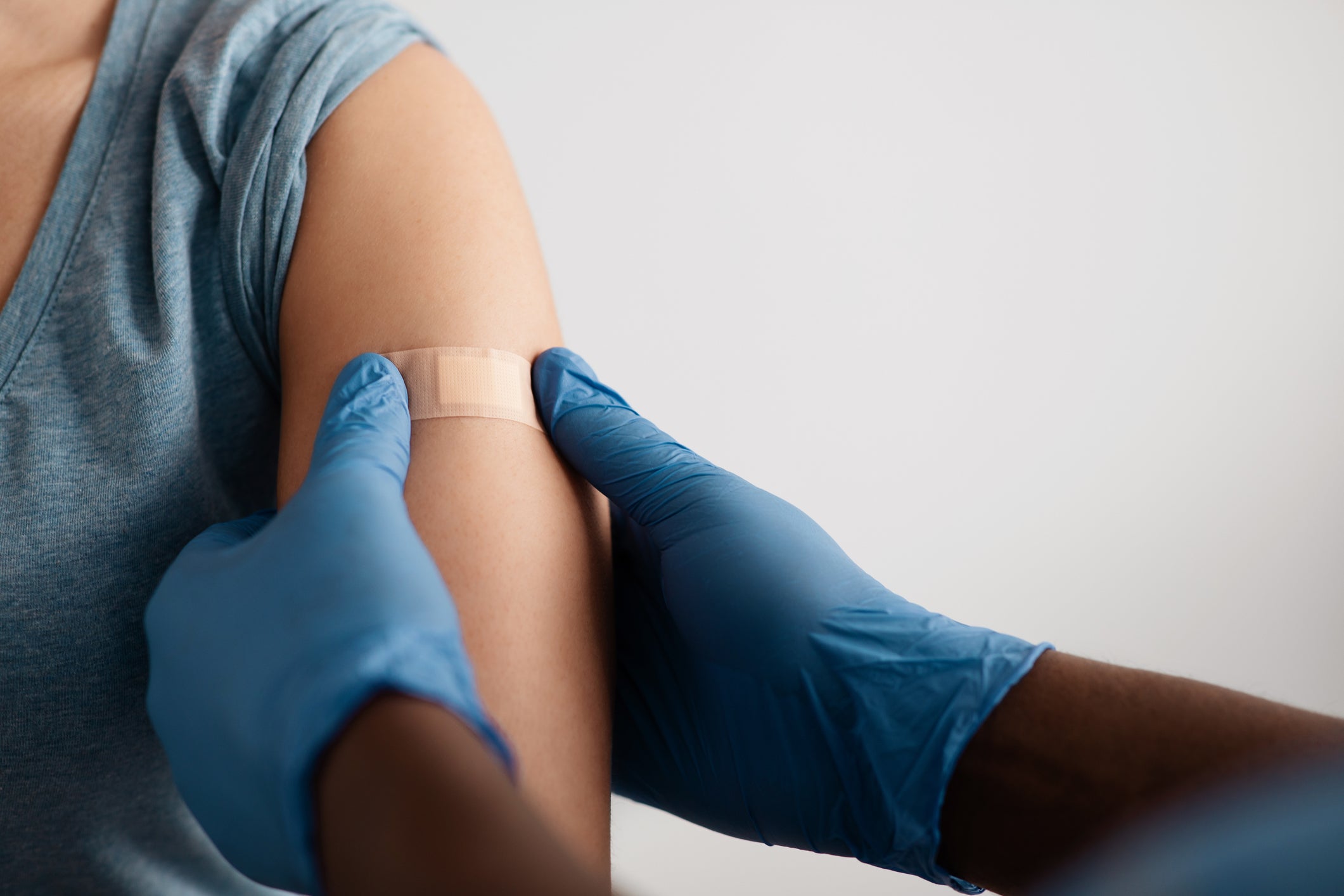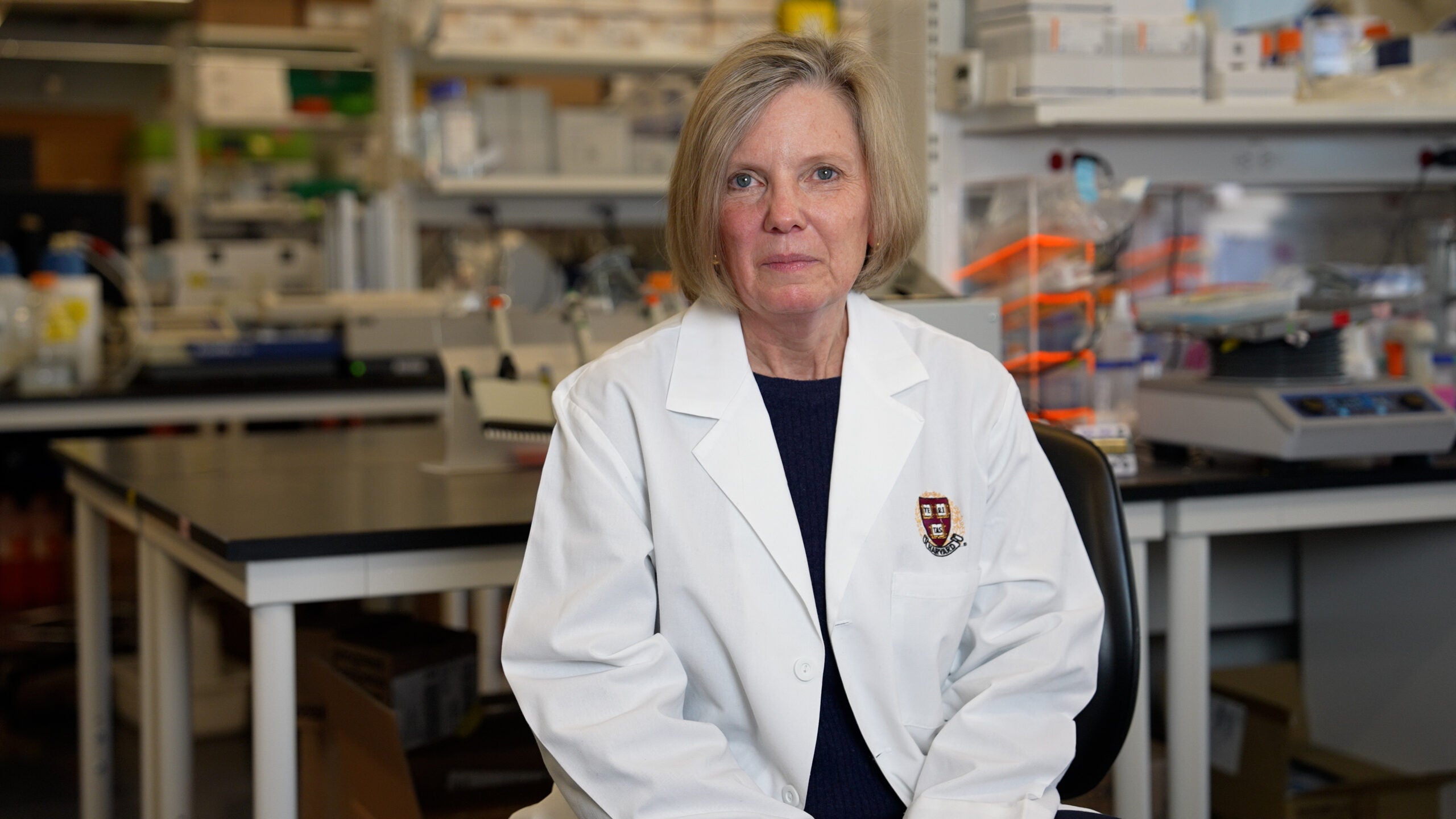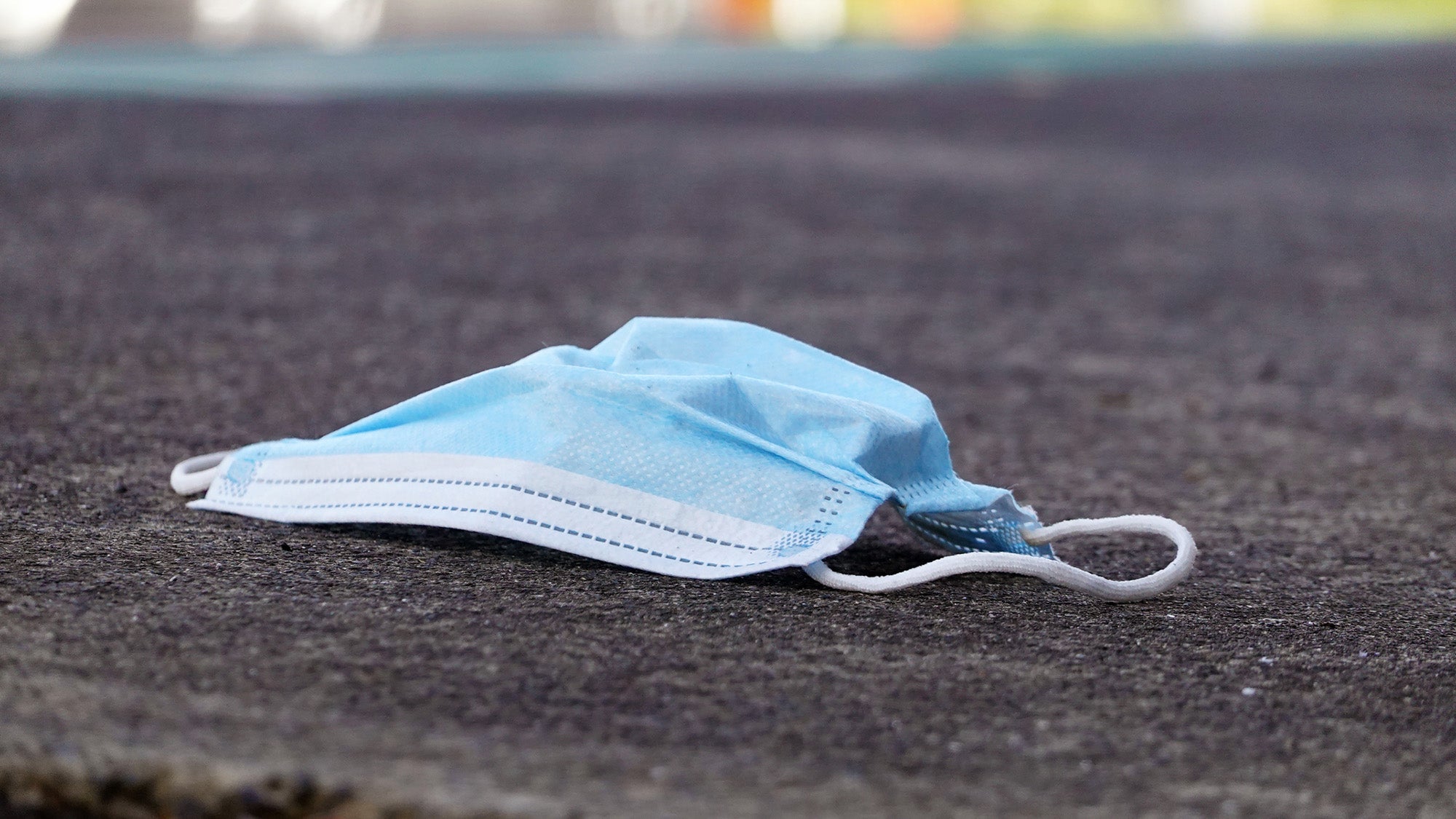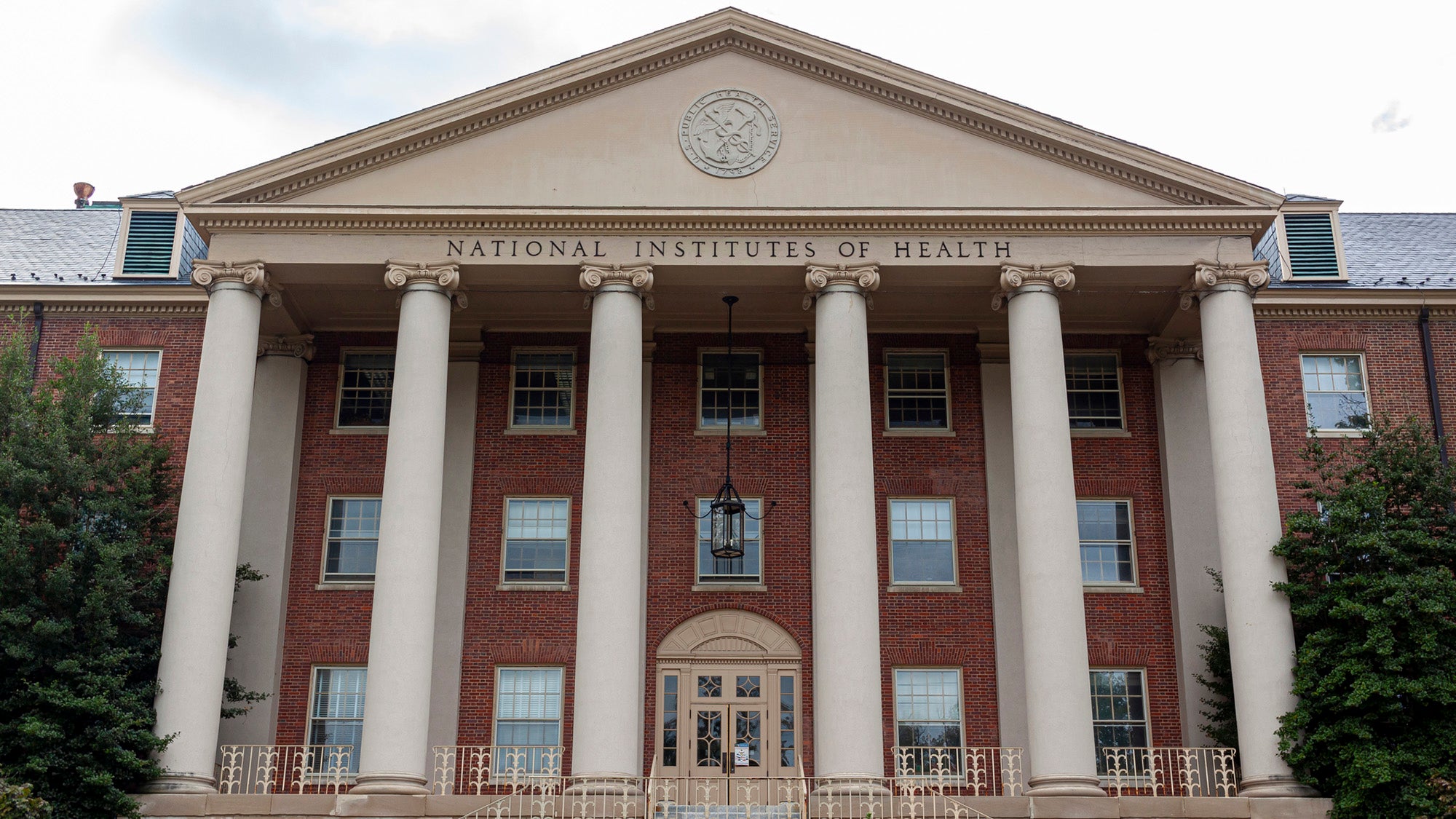Vaccine injuries deserve more attention, says vaccinologist

July 22, 2024—More empathy—and investment—is needed to address vaccine-related injuries, says Harvard T.H. Chan School of Public Health’s Kizzmekia Corbett-Helaire.
Corbett-Helaire, assistant professor of immunology and infectious diseases, was one of the developers of the COVID-19 vaccine. On the July 17 episode of STAT News’ First Opinion podcast, she discussed her experience working on the vaccine, her path to a career in science, and her approach to being a role model as a Black woman in science.
She also talked about her June 11 opinion piece in STAT, in which she wrote that she believes more empathy is needed for people who report experiencing long-term side effects from the COVID-19 vaccine.
“People who speak out about how they feel after getting a vaccine should not be dismissed or assumed to be anti-vaxxers,” she wrote. “For starters, they deserve empathy from their doctors and other health care providers, as well as from those who set and drive vaccine policy.”
In the STAT piece, Corbett-Helaire listed concrete steps that everyone in the vaccine field—herself included—should take. These steps include establishing a better system through which people can report vaccine-related injuries; creating and widely distributing guidelines for health care providers to better communicate with and care for patients who experience these injuries; and conducting more and deeper scientific investigations into these injuries. Such investigations, she added on the podcast, would not hamper further development of vaccines. Rather, they would further the quality and effectiveness of vaccines, as well as bolster public trust.
“People who feel they have been harmed by a vaccine do not need to have the science immediately explained to them. What they first need is to be heard, and then assured that science will follow,” Corbett-Helaire wrote.
Effectively following through on reports about vaccine harms requires investment, according to Corbett-Helaire. “The only way that science can move forward is if it’s strategically funded,” she said on the podcast.
Listen to the podcast: Listen: Empathy should be the first response to people with vaccine injury, fears
Read the opinion piece: Empathy should guide responses to reported vaccine injuries
Learn more
Kizzmekia Corbett is just getting started (Harvard Public Health Magazine)
Vaccinologist Kizzmekia Corbett-Helaire on COVID-19 vaccines, boosters, and more (Harvard Chan news)
Photo: iStock/Prostock-Studio


